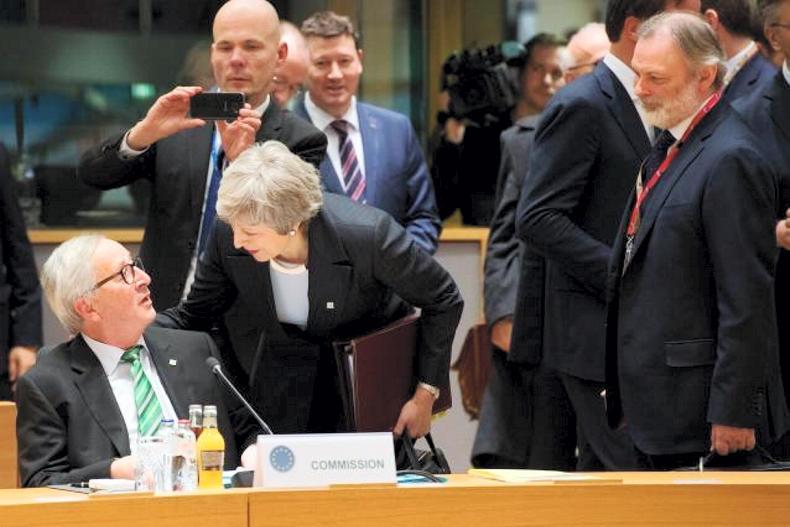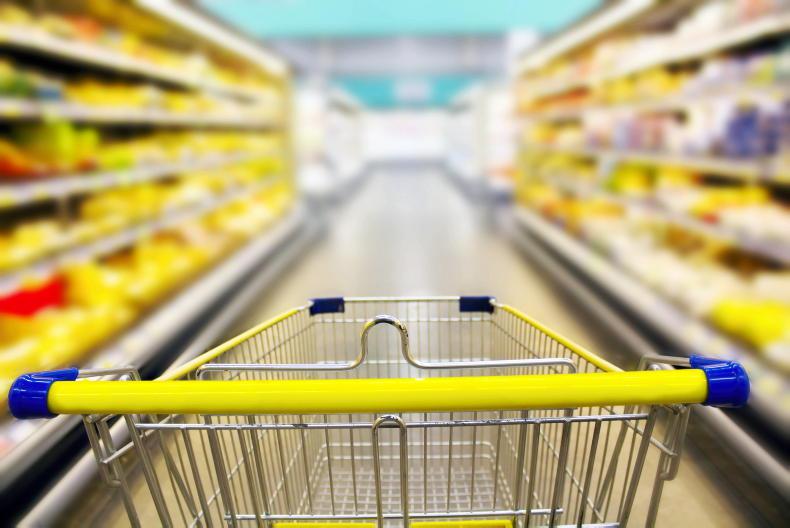Politically it has been probably the most turbulent week yet for the British Prime Minister Theresa May but a Brexit solution that will work for farmers either side of the Irish border looks no closer.
The fault lines within the governing Conservative party and opposition Labour party in Westminster are becoming even more pronounced as the clock ticks down towards the last 100 days of the UK’s EU membership.
Leadership heave
Having survived the leadership heave from her own party early in the week with relative comfort, the PM headed to Brussels for the Council of Ministers' meeting looking for something around the withdrawal agreement that might help her sell it to Parliament. However, she received absolutely nothing and her rejection was arguably on par with what she received in Salzburg back in October, and will go back to Westminster with nothing better than the agreement she didn’t see any chance of getting approved previously.
The problem now is that there is no clear roadmap to indicate what might happen next. Normally when a Prime Minister has lost the ability to get parliamentary approval, they are forced to quit. There has been much speculation that the opposition would table a no confidence vote but despite the PM not being able to get parliamentary support to govern, there is no certainty that the opposition would succeed with a vote of no confidence.
Stalemate
Parliament is effectively in stalemate with no clear path ahead. It is unlikely that any proposal never mind the withdrawal agreement would secure a majority of MPs' votes. There is certainly no mood for endorsing leaving without a deal, and while there are voices suggesting a second referendum, extending or even withdrawing the notice of leaving, there is no evidence that any of these would get a majority of support from MPs.
The PM seems determined to push the decision-making process back as far as possible, presumably to increase the pressure on MPs to back her deal. That is starting to feel like a game of chicken where she is hoping they will be the ones to blink first and accept the withdrawal agreement on the basis that it is “less bad” than leaving without any deal.
Critical for farmers
For farmers on the island of Ireland, the withdrawal agreement preserves market access on present trading terms both cross-border and with Britain.
The problem is that the inclusion of a “backstop” that would enable this continue permanently in the case of Northern Ireland, irrespective of whatever type of future relationship the rest of the UK had, has become politically toxic.
As the drift continues, so also does the risk of a no-deal Brexit. In that head-on collision there are no winners but virtually all the impact analysis studies show both the UK and Ireland taking the biggest hit.
It is predicted that less damage will be caused to Germany, France, Italy, Belgium, the Netherlands, Denmark and Spain.
Beyond that, the impact on the rest of the EU from a trade perspective is negligible. Most worryingly of all is that in a no-deal Brexit, agriculture is the sector that will take the biggest hit of all.









SHARING OPTIONS